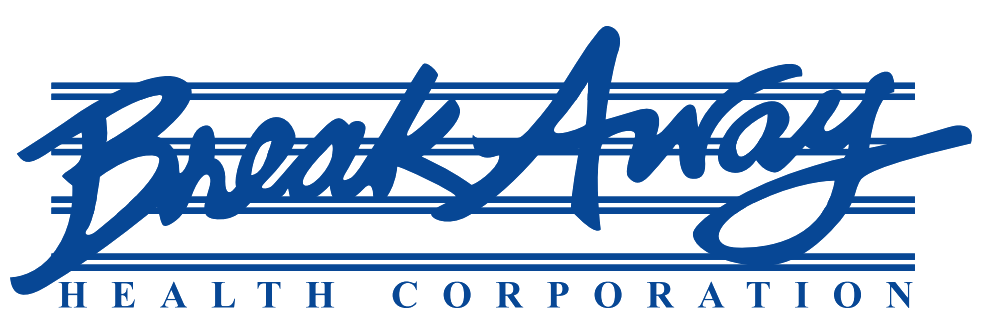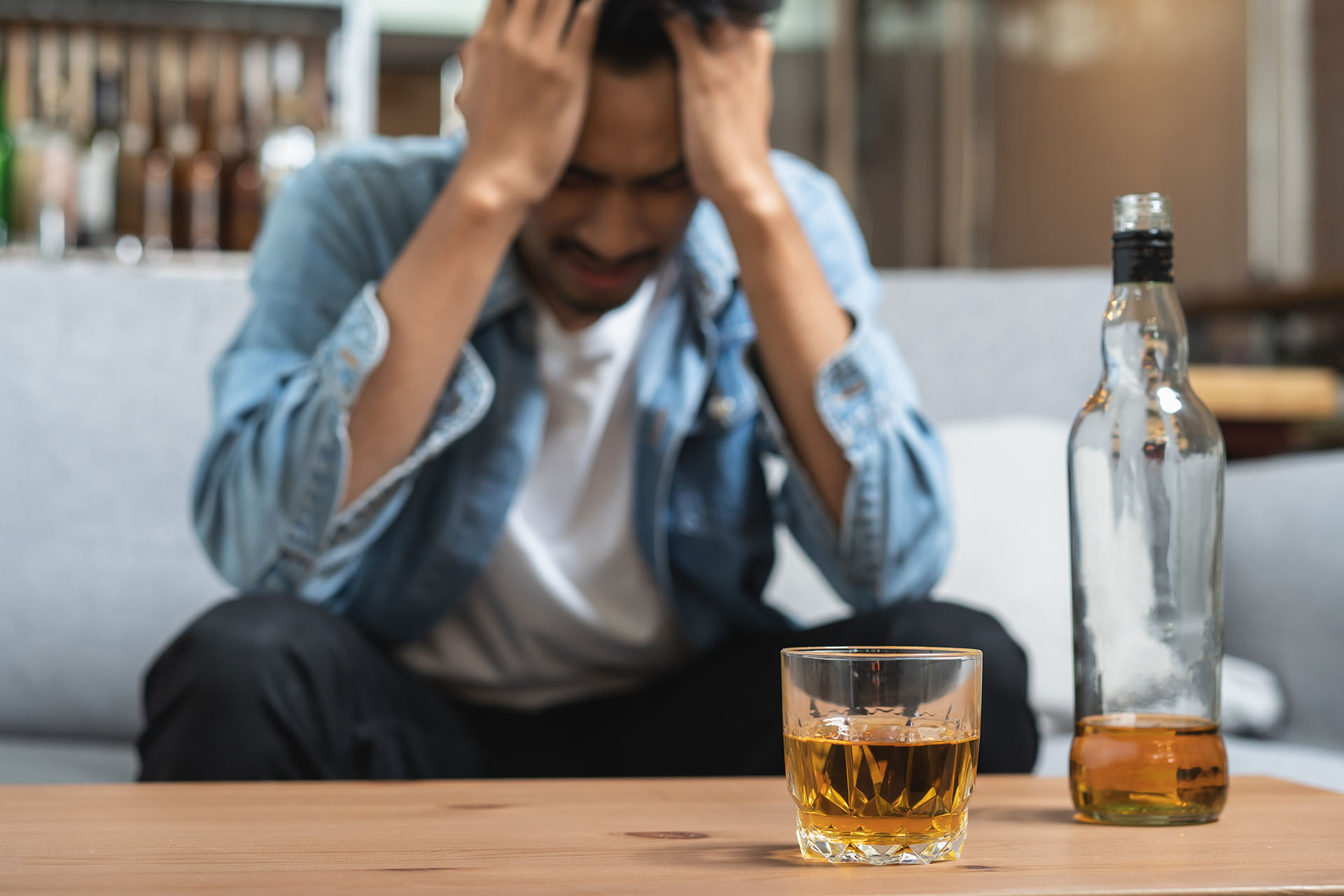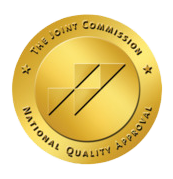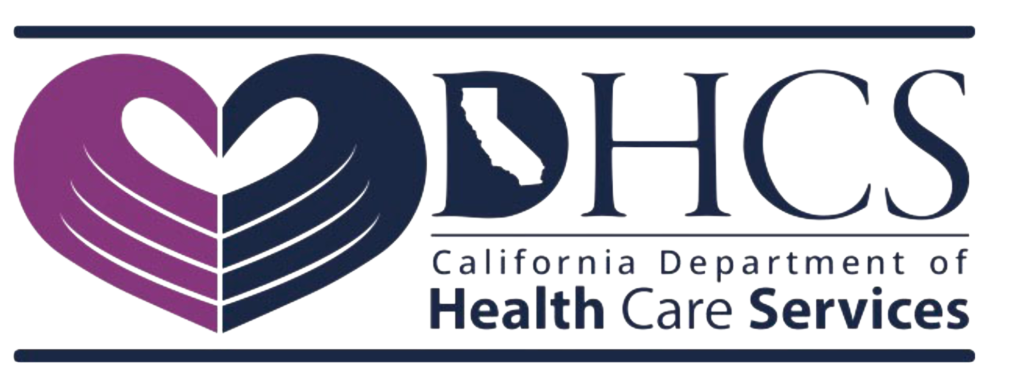Facing Detox Can Feel Overwhelming
For those ready to stop drinking, the idea of detoxing from alcohol can feel like the first and scariest step. Withdrawal symptoms, timeframes, and uncertainty can raise concerns that make people hesitate. But the reality is, alcohol detox is a necessary and life-saving phase in recovery.
Many people wonder, How long does it take to detox from alcohol? or What should I expect when detoxing from alcohol? The answer depends on several factors like how long a person has been drinking, how much they drink on a daily basis, and their overall health. Alcohol detox symptoms can range from mild discomfort to severe medical complications which is why knowing what to expect and getting proper support matters. With medical support, a calm environment, and professionals who know what to expect after alcohol detox, makes the detox process much more safe and manageable.
Detox duration varies, but relief and progress are possible within days. At Breakaway Health in Costa Mesa, CA, we provide safe, medically monitored detox services for alcohol withdrawal. Our team helps clients through every stage of the process so they feel supported and protected.
What to Expect When Detoxing from Alcohol
Alcohol detox is the body’s process of removing alcohol from the system after prolonged or heavy use. Once a person stops drinking, the body works hard to regain balance and that can cause a range of symptoms.
Common Alcohol Detox Symptoms
- Headaches
- Sweating
- Anxiety or irritability
- Nausea or vomiting
- Tremors
- Disrupted or poor sleep
- Increased heart rate
- Mood swings
More severe cases may involve hallucinations, seizures, or delirium tremens (DTs): a serious and potentially life-threatening condition that requires immediate medical attention.
It’s important to remember that alcohol detox symptoms don’t affect everyone the same way. Symptoms depend on individual health history, alcohol use patterns, and how the body reacts to sudden withdrawal.
How Long Does It Take to Detox from Alcohol?
Detox duration varies from person to person, but most people experience symptoms over a general timeline as follows:
Early Withdrawal (6–12 Hours After Last Drink)
This early stage is when the first symptoms typically begin. Common signs during this stage include:
- Anxiety
- Nausea
- Headaches
- Disrupted sleep
While these symptoms are not typically dangerous, they can be uncomfortable and unsettling without proper support.
Peak Withdrawal (24–72 Hours)
This is often the most intense stage. Symptoms that can occur during this stage include:
- Tremors
- Sweating
- High blood pressure
- Confusion
- Seizures (in some cases)
Medical supervision is essential during this stage to monitor safety and manage potential complications. Without proper care, the risk of seizures, severe dehydration, and heart-related issues can increase which make this stage one of the most dangerous periods of alcohol detox.
Late Withdrawal (3–7 Days)
By this point physical symptoms usually start to ease. However, some individuals may still experience emotional challenges such as:
- Anxiety
- Irritability
- Fatigue
- Insomnia or restlessness
- Difficulty focusing or managing mood
This stage marks a transition from critical physical symptoms to emotional recovery, which highlights the need for supportive care and ongoing monitoring.
Post-Acute Withdrawal Syndrome (PAWS)
In some cases, symptoms can tend to linger for weeks or months. This prolonged period, known as Post-Acute Withdrawal Syndrome (PAWS), can affect a person’s ability to return to work, maintain relationships, or feel confident in their recovery.
This phase is more emotional than physical and may involve mood swings, difficulty concentrating, or low motivation. People might feel emotionally unsteady or mentally drained even after their body has adjusted to the absence of alcohol. These withdrawal symptoms can fluctuate but without proper care, they can increase the risk of relapse. Support groups, therapy, and lifestyle adjustments can make this stage more manageable.
So, how long does it take to completely detox from alcohol?
Physically, most people stabilize within one week as the body completes its initial stage of alcohol withdrawal. However, emotional recovery is often slower and much more complex. Feelings such as anxiety, mood swings, and low motivation may remain well beyond the physical detox period. Without ongoing support like therapy, peer groups, or structured outpatient care, these emotional symptoms can make sobriety that much harder to maintain. This is why long-term care plays such a critical role, not just in staying sober, but in rebuilding mental and emotional strength.
What to Expect After Alcohol Detox
Completing detox is a positive but only the first of numerous steps to recovery. What comes next after alcohol detox is contingent upon the course of action that follows. The course of action that follows varies from person to person and is not identical for everyone.
Emotional Shifts
After the physical symptoms fade, emotional challenges often surface as the body and brain work to reset without the presence of alcohol. It’s common for individuals to feel emotionally drained during this stage. These emotional shifts may include:
- Guilt over past behaviors or decisions made while drinking
- Shame about the impact addiction had on relationships or personal goals
- Sadness related to life changes, losses, or regrets
- Anxiety about staying sober or facing life without alcohol as a coping tool
These emotions can be intense and confusing, especially if they’ve been numbed or suppressed for a long time. Without healthy coping mechanisms or professional support, these feelings may trigger setbacks or increased cravings. That’s why emotional care is a vital part of what to expect after alcohol detox.
Nutrition and Sleep
Restoring the body after detox means focusing on health. Nutritious meals, regular sleep, and gentle movement can support healing. At Breakaway Health, we emphasize full-body recovery, not just abstinence.
Cravings and Triggers
Even after detox, cravings can occur and they’re a completely normal part of recovery. Cravings are intense urges or desires to drink, often triggered by emotional stress or psychological connections with alcohol use. These cravings may arise in moments of boredom, sadness, celebration, or even when passing by places associated with past drinking. Recognizing these patterns is important, as they can sneak up even when things seem to be going well.
Common triggers include:
- Stressful situations or emotional distress
- Social events or environments where alcohol is present
- Boredom or loneliness
- Celebratory occasions or personal achievements
- Places or routines associated with past drinking habits
Cravings can be managed with coping tools like physical activity, therapy, and support from trusted individuals or groups. Building a reliable routine and avoiding known triggers also plays a critical role in managing urges.
Factors That Affect Detox Duration
No two people experience alcohol detox the same way. The timeline and symptoms depend on several individual factors, including:
Length and Intensity of Use
Someone who has been drinking heavily for years may have a longer and more intense detox experience than someone who drinks occasionally.
Physical Health
Conditions like liver disease, high blood pressure, or diabetes can make detox more complex. General health also plays a role in how quickly the body can stabilize.
Mental Health
Anxiety, depression, or trauma can make symptoms feel more intense. Co-occurring disorders may require dual-diagnosis treatment after detox.
Age and Weight
Older adults or those with lower body mass may metabolize alcohol differently, which can affect how detox progresses.
Medically Supervised Detox
A medically monitored detox is not only safer but it can also make symptoms more manageable and reduce long-term complications.
Call Breakaway Health Today!
Alcohol detox is challenging, but it doesn’t have to be frightening or dangerous. Knowing what to expect when detoxing from alcohol can make a big difference in one’s journey to get sober. Whether you’ve just started thinking about quitting or are ready for help today, Breakaway Health in Costa Mesa offers care that meets you where you are..
If you’re ready to take the first step, call Breakaway Health today. We’re here to help you move forward with support and safety.
Frequently Asked Questions (FAQs)
1. How long does it take to detox from alcohol?
Most people complete alcohol detox within 5–7 days, but symptoms can vary depending on health, history, and the level of alcohol use.
2. What to expect when detoxing from alcohol?
Expect withdrawal symptoms like headaches, nausea, irritability, and sleep issues. Some cases involve more severe reactions that require medical care.
3. How long does it take to completely detox from alcohol?
Physically, detox is usually complete in about a week. Emotionally, the recovery process continues and often includes therapy or ongoing treatment.
4. What are common alcohol detox symptoms?
Symptoms can include tremors, anxiety, sweating, nausea, and in severe cases, seizures or hallucinations. Not everyone experiences every symptom.
5. What to expect after alcohol detox?
After detox, individuals may face emotional challenges, cravings, and the need for continued support through counseling, group therapy, or medication-assisted care.







